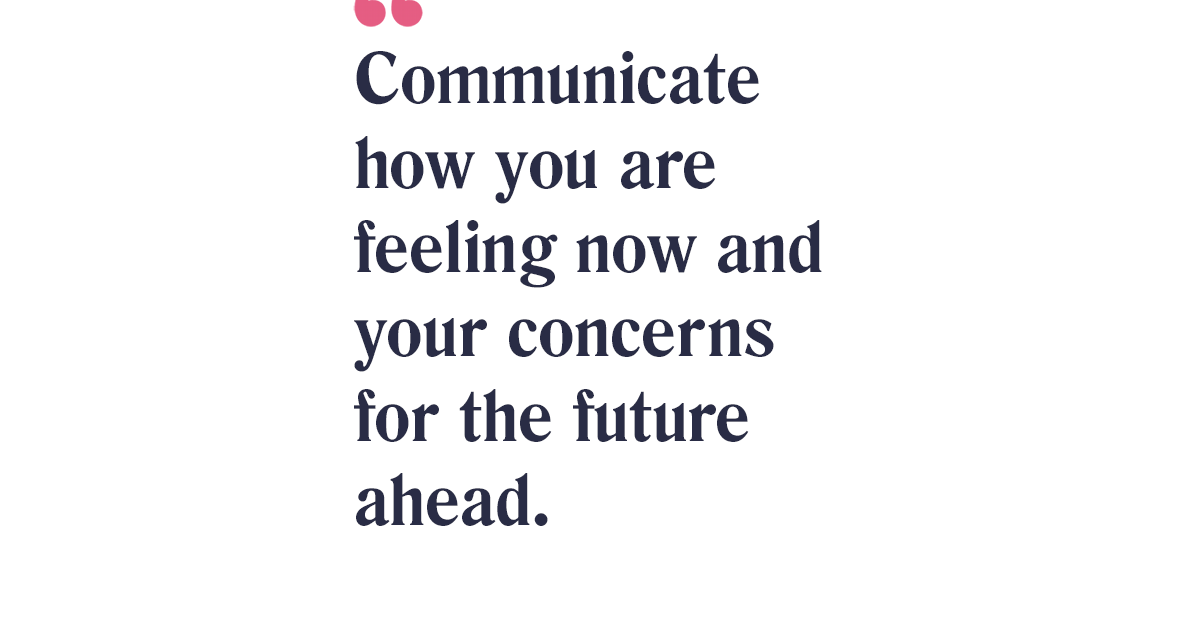A cancer diagnosis has the potential to throw your entire life into disarray, impacting both your physical and mental wellbeing. At SurvivorNet, we believe treating the whole person is imperative so we've teamed up with Dr. Marianna Strongin to leverage her expertise as a licensed clinical psychologist. Dr. Strongin will answer SurvivorNet reader questions on topics ranging from how to communicate in new relationships to navigating the beginning of motherhood and everything in between. (You can submit your questions here.)
*****
Read MoreStudies have found consistently that loneliness is a significant risk factor for physical and mental illnesses and the trajectory of recovery. Therefore, it will be important that you surround yourself with individuals who care and support you throughout your treatment. You will know best if your girlfriend is the person you want next to you during this arduous chapter.

*****
I am 36 years old, and I am a new mom. My husband and I tried different methods for years to get pregnant, and we finally did!! We were so excited. In the middle of my pregnancy, I developed this really aggressive cough and went to the doctors to get it checked out. It turned out to be stage 3 lung cancer… My husband and I couldn't believe it I didn't even smoke! Fortunately, I was able to deliver a healthy baby 2 months after my diagnosis, but right after his birth I was rushed to get prepped to have my left lung removed. I'm struggling to find inner strength for my treatment as I feel like I have abandoned my husband and newborn. I can't even see and hold my baby because of COVID restrictions!!
Dr. Strongin: Congratulations on becoming a mother. During a moment when your body is focused on supporting, protecting and caring for your newborn you are told to do just the opposite and step away in order to focus on your own health. This is extremely difficult on a physical and mental level, however, you have more purpose now than ever before to fight and recover in order to reunite with your new family.
I noticed you mentioned the word, “abandoned.” Yes, it is true that this treatment is forcing you to be on your own while your husband takes care of your baby, however, there are a variety of ways to look at this situation in order to have more strength and optimism. In Cognitive Behavioral Therapy (CBT) there is a term called cognitive restructuring which enables people to replace stress-inducing thought habits with more accurate and less emotionally driven (and therefore less stress-inducing) thinking habits. In this case, we might want to re-frame the "abandoned" thought with, “my daughter is so lucky to have a father who can take care of her during these moments,” or “my husband is already showing how caring and strong he is as a father and husband.” By simply restructuring these thoughts we walk away feeling lighter and more optimistic.
I also realize that this is a very critical bonding time with your baby, which is being interrupted by treatment and COVID protocols. I suggest you lean into the bonding but find alternatives to touch. FaceTiming and reading books to your baby so that he/she can begin recognizing your voice or having your baby sleep with one of your worn shirts will also heighten the bonding. In my practice, I often suggest that new mothers write emails to their babies. In writing emails about what you are going through, you can both create a future bond with your child by being so vulnerable, and also release the emotions that are living inside of you. In doing so, you can archive your real life experience as a new mom going through cancer treatment. One day you and your child can read those emails together and reflect on your strength, resilience and courage.
Learn more about SurvivorNet's rigorous medical review process.


